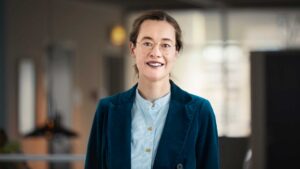
Stå stærkt i en uforudsigelig verden
12. JUNI 2025 · ONLINE
Bliv inspireret til at arbejde strategisk med digitalisering og bæredygtighed, så I kan træffe kloge valg. I webinaret møder du Director of Digital Sustainability, Trine Plambech.
The Stakeholder Meetings are a series of afternoon meetings, where software producers, microscope facilities, and life scientists discuss common goals and needs.
At the previous meeting, we discussed digital platforms. In this meeting, we will explore the following questions:
Please help other application developers give their end users the best experience by sharing your views and experiences.
We invite researchers, companies and facilities in the field of biodata analysis to share their experiences and views on how we can work together for better science and innovation in the field.
If you attend physically, please bring your laptop.
The agenda will include presentations by the speakers below, followed by an open discussion among all participants:
KEYNOTE SPEAKER: Robert Haase, PhD, Group Leader, Bio-image Analysis Technology Development Group, DFG Cluster of Excellence “Physics of Life”, University of Technology, TU Dresden
Pia Nyeng, PhD, Associate Professor, Pancreas Development Group, Molecular & Medical Biology Research Section, Department of Science and Environment, Roskilde University
Read more here
Richard De Mets, PhD, Research consultant, CFIM, Biomedicinsk Institut, University of Copenhagen
Read more here
Casper Salinas, PhD, Department Manager, AI Technology, Gubra
Read more here
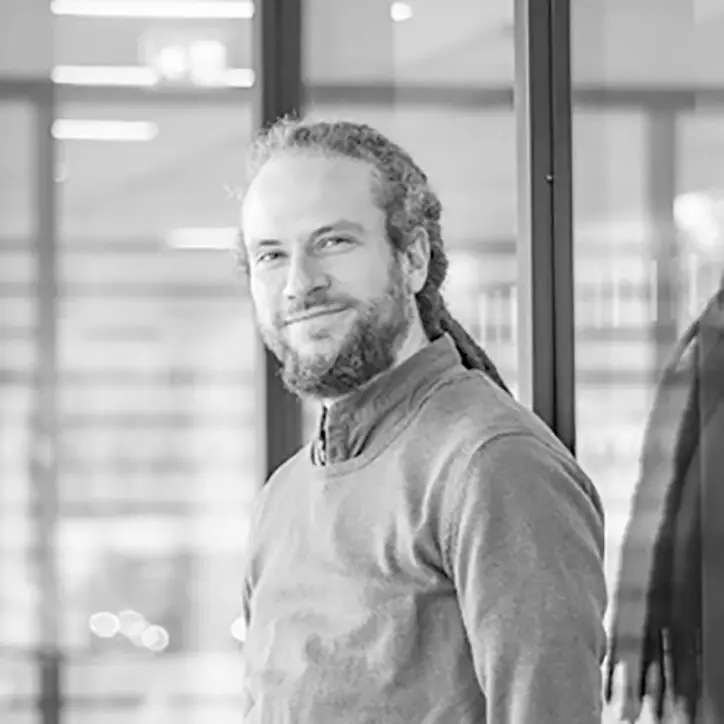
PhD, Group Leader, Bio-image Analysis Technology Development Group
DFG Cluster of Excellence “Physics of Life”
University of Technology, TU Dresden
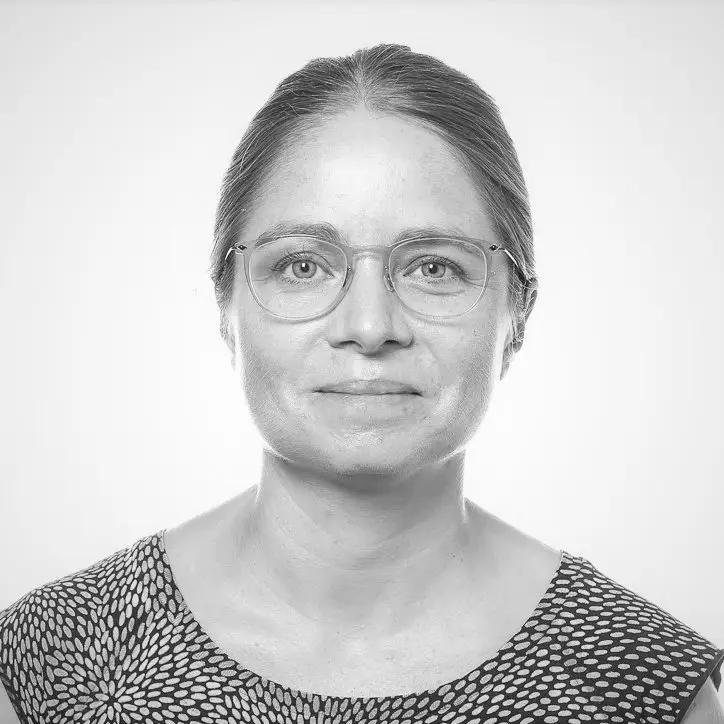
PhD, Associate Professor
Pancreas Development Group
Molecular & Medical Biology Research Section
Department of Science and Environment
Roskilde University
Very few of my graduate students use Python or R, so when they do image analysis, I get them started with free software that allows them to make small macros on their own.
Read more here
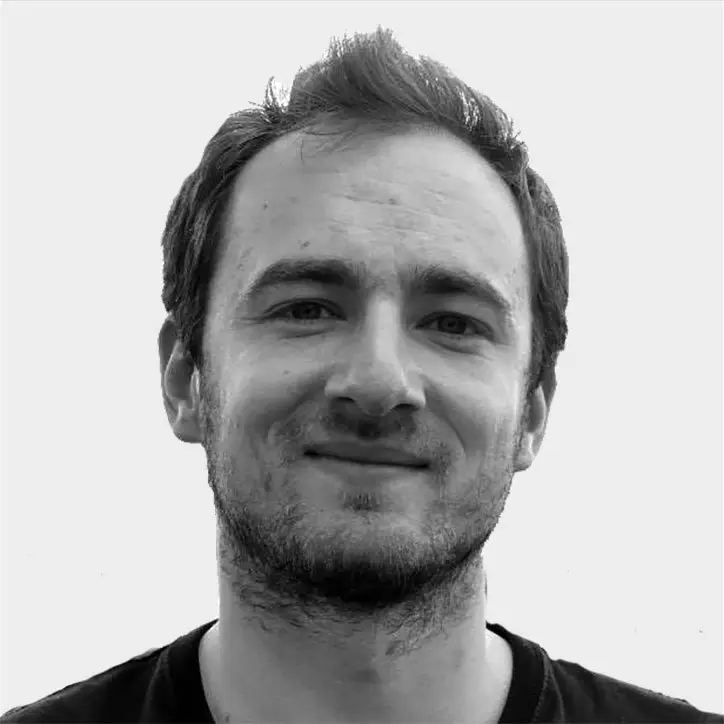
PhD, Research consultant
CFIM, Biomedicinsk Institut
University of Copenhagen
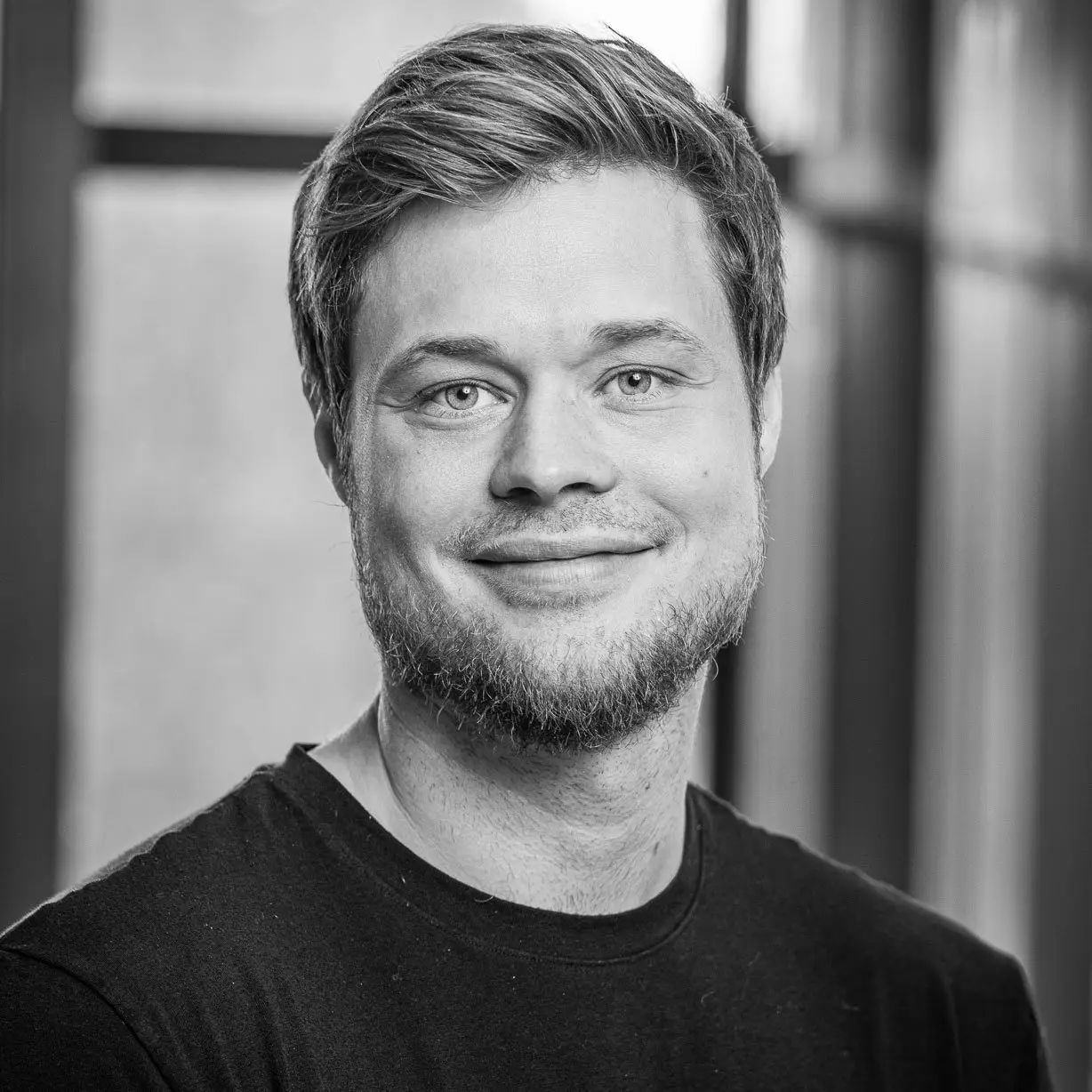
Department Manager, AI Technology
Gubra
Casper works with automated analysis of biomedical images. At Gubra he works with state of the art imaging systems and creates value by setting up pipelines for acquisition and analysis of data providing a basis for answering biological questions.
Read more here
Expected outcomes are:
John Sporring
Professor, PhD
Department of Computer Science
University of Copenhagen
+45 24 25 23 34
sporring@di.ku.dk
Clara Prats Gavalda
Associate Professor, PhD
Faculty of Health and Medical Sciences
University of Copenhagen
+45 24 94 25 22
cprats@sund.ku.dk
Katrine Hommelhoff Jensen
Senior Computer Vision and Graphics Specialist / Assistant Head of Lab
Alexandra Institute
+45 26 28 27 98
katrine.hommelhoff@alexandra.dk
Måske kunne disse events også have din interesse:

12. JUNI 2025 · ONLINE
Bliv inspireret til at arbejde strategisk med digitalisering og bæredygtighed, så I kan træffe kloge valg. I webinaret møder du Director of Digital Sustainability, Trine Plambech.
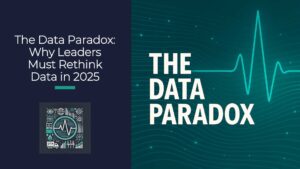
12. JUNI 2025 · KØBENHAVN
Vi er med på AIDC-konferencen ‘Data as the Digital Heartbeat: Transparency and Value Creation in the Modern Value Chain. Mød bl.a. Lea Schick og Alexandre Alapetite fra Alexandra Instituttet.

17. JUNI 2025 · ONLINE
Deltag i vores 30 minutters webinar og lær, hvordan I undgår de værste faldgruber og kommer godt i mål, når I skal implementere ny teknologi.
Ⓒ 2025 - Alexandra Instituttet A/S
CVR nr. 24 21 33 66